| |  | | | The Ghost of Gaza By Winfield Myers ● Oct 13, 2025 Smart Brevity® count: 8.5 mins...2247 words While the hostages' release merits great joy and celebration, lasting peace will likely prove illusive. Gregg Roman, in the first of two articles, writes that "every historical precedent suggests Phase Two will collapse under the weight of its contradictions, leaving Israel worse positioned than before the ceasefire while Hamas reconstitutes its capabilities and declares strategic victory." He also contends that Israel's social contract must be rewritten so that soldiers and citizens understand "that their protection comes not from negotiating their release but from ensuring no enemy survives the attempt to take them." Michael Rubin believes the "war will only end when Hamas surrenders unconditionally. Anything else only condemns future generations to even greater conflict." Rubin also warns against entrusting a square foot of Gaza to Turkey. Hussein Aboubakr Mansour posits the core mission of Israelis, Jews, and their friends is now "to alter the incentive and ideological structure that produces generations willing to sacrifice themselves and their children for the cameras." We also feature Jonathan Spyer on Qatar's role as arsonist and firefighter, two analyses of the Israel's opportunities and challenges from Lazar Berman, and works by Mardo Soghom and Giulio Meotti, | | The Ghost of Gaza: How Hamas Survived 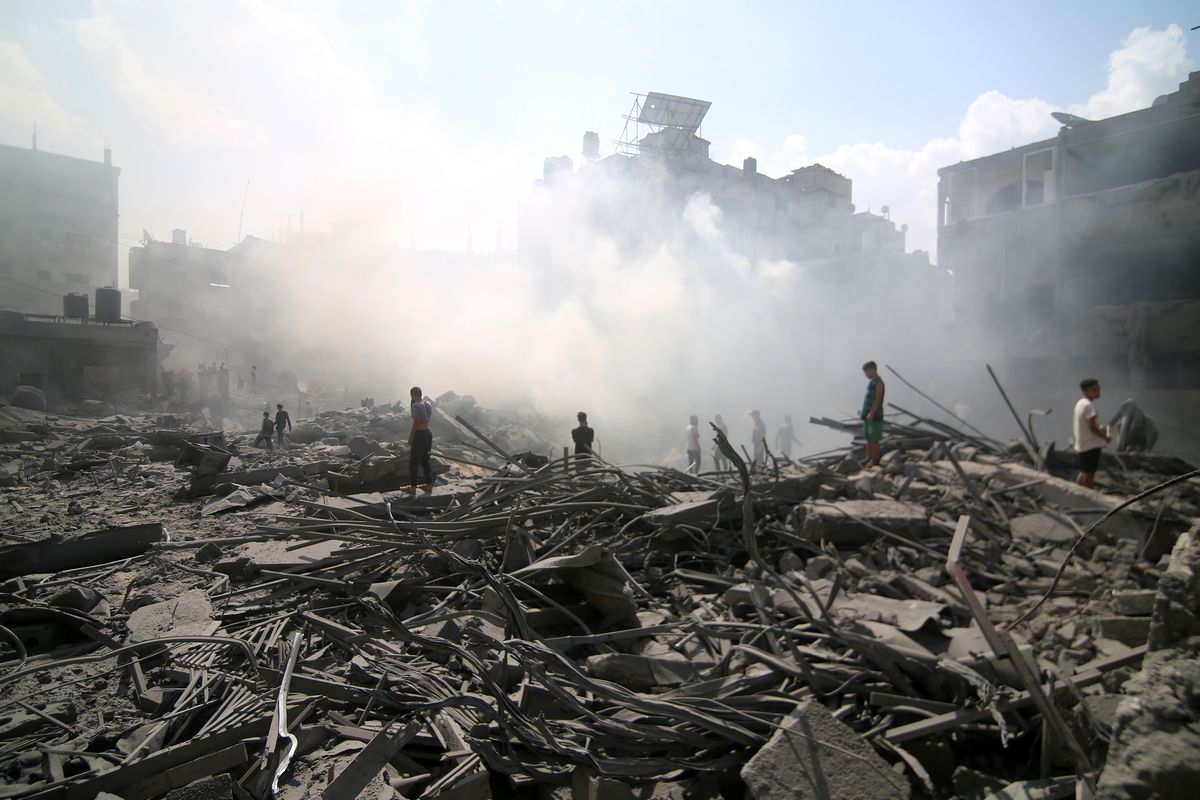 By: Gregg Roman The October 10 ceasefire in Gaza has ended a severe two-year conflict, but the agreement's fragility and contradictions pose significant strategic risks. Why it matters: While the ceasefire brings much-needed relief, the underlying issues remain unresolved, threatening future stability. -
The fundamental error underlying this agreement is treating Phase One and Phase Two as sequential components of a unified plan when they are incompatible frameworks forced into artificial sequencing. -
Israel's tactical withdrawal from Gaza City and the release of hostages were agreed under intense pressure from President Trump and amidst internal political turmoil. -
The framework's dual demands on Hamas—disarmament and governance—are inherently contradictory, risking the agreement's collapse. The framework's contradictions: President Trump's ambitious 20-point plan demands complete disarmament while relying on Hamas for the release of 48 hostages and transitioning governance. What's next: Phase Two negotiations, addressing disarmament and Gaza's political future, are set to begin but face daunting challenges. -
And at some point—weeks, months, perhaps a year from now—the fundamental contradictions embedded in this agreement will surface as Hamas resists disarmament, Israel refuses complete withdrawal, governance structures prove inadequate, and both sides position for renewed conflict. -
When that moment arrives, Israel must choose between accepting an inadequate arrangement that preserves the terrorist threat, or completing the mission that October 7 made necessary. To read the full article, click here. | | Why Israel Must Never Negotiate for Hostages Again 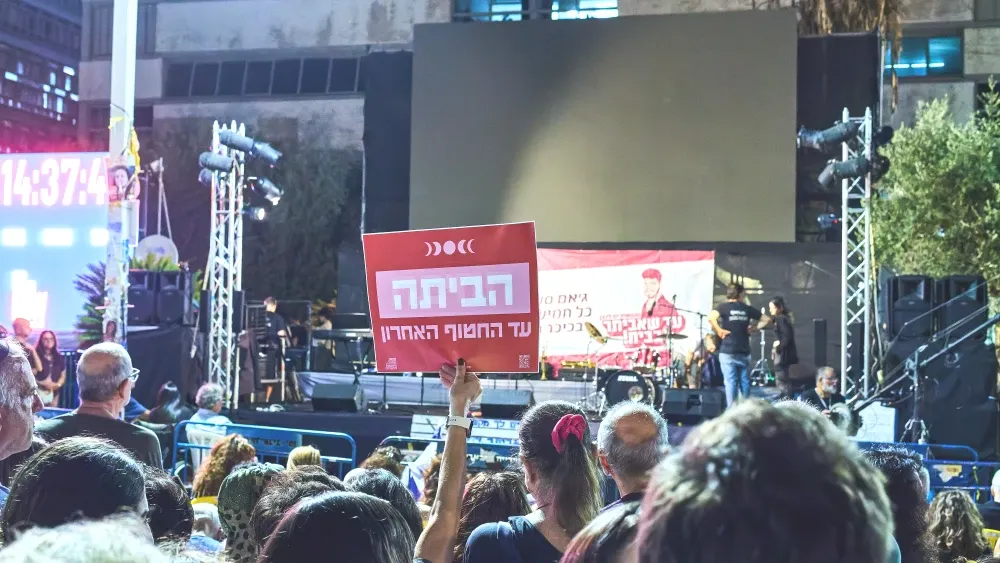 By: Gregg Roman [Ed. note: this article appeared before the release of the hostages. Its primary points, outlined below, remain valid.] At the heart of Israel's vulnerability lies an unspoken social contract: citizens serve in the military, and the state promises to do "everything" to bring them home—through rescue or negotiation at a "heavy price." This principle of mutual responsibility, the cornerstone of Israeli society's resilience, has become a strategic liability. Why it matters: Israel's past concessions for hostage releases, such as the 1985 Jibril deal and 2011 Shalit exchange, have emboldened adversaries by making every citizen a high-value target. -
The 2011 Shalit deal, which freed 1,027 prisoners, directly enabled the October 7 massacre by releasing key figures like Yahya Sinwar, who orchestrated the attack. -
This pattern of negotiation reinforces a cycle where hostage-taking becomes a strategic tool for groups like Hamas. The social contract's evolution: Ancient precedents and Jewish law emphasize decisive action over negotiation. King Saul and Samson's choices highlight a preference for self-sacrifice over capture. Strategic imperative: Modern Israel must shift from a promise of negotiation to one of deterrence, ensuring that hostage-taking leads to existential consequences for perpetrators. To break this cycle, Israel must redefine its approach to asymmetric warfare, ensuring no adversary survives an abduction attempt and safeguarding future generations from similar crises. To read the full article, click here. | | There Will Be No Peace in Gaza Until Hamas Surrenders Unconditionally  By: Michael Rubin As Israel marks two years since the October 7 Hamas assault, history provides crucial lessons for resolving the ongoing conflict. Why it matters: Historical precedents reveal that decisive military action, rather than negotiation, achieves lasting peace. -
The Allies' complete victories over Nazi Germany and Imperial Japan ended conflicts through unconditional surrender, not compromise. -
The Khmer Rouge and Idi Amin regimes collapsed under direct military intervention, ending their reigns of terror. Failures of modern diplomacy: Western diplomats and human rights activists perpetuate conflict by advocating for premature ceasefires. Strategic imperative for Trump: Resist negotiating with Hamas. Counter-terrorism isn't a real estate deal, and history shows that ideological foes require unconditional surrender. -
America's greatest generation understood that only decisive action ends wars with ideological opponents, a lesson that remains pertinent today. -
What happened in Gaza has been a tragedy, but its perpetuation is the result of Western diplomatic culture and myopic humanitarian lawyers divorced from reality. -
The war will only end when Hamas surrenders unconditionally. Anything else only condemns future generations to even greater conflict. To read the full article, click here. | | Will There Be a Phase Two Ceasefire? 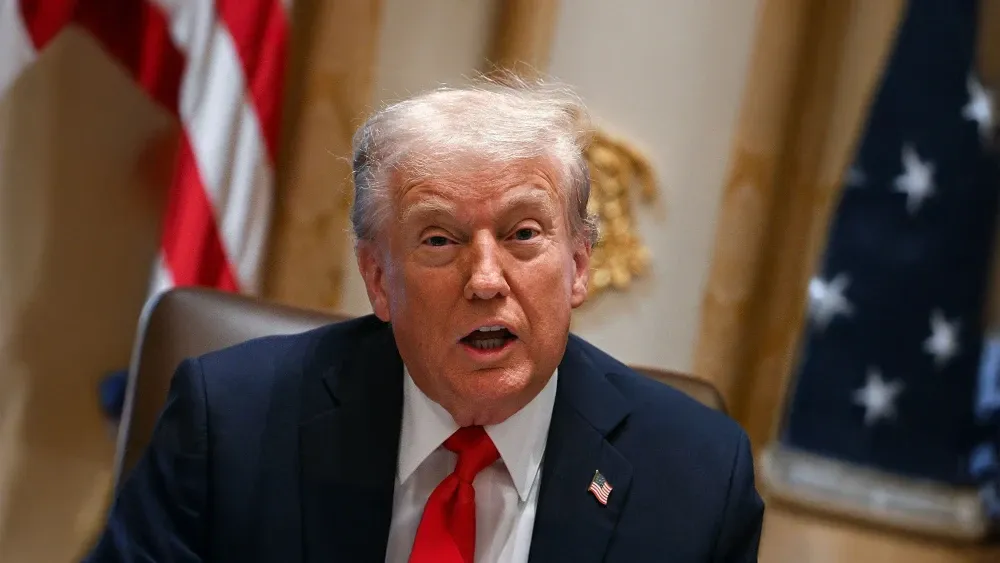 By: Hussein Aboubakr Mansour The recent ceasefire between Israel and Hamas provides temporary relief but underscores enduring strategic challenges. Why it matters: The ceasefire ends two years of conflict but does not resolve core issues threatening future stability. -
Historically, decisive victories over regimes like Nazi Germany and Imperial Japan were achieved through unconditional terms, not negotiation. Israel's current strategy must learn from these examples to secure lasting peace. -
Israel's military achievements, such as dismantling much of Iran's regional influence, are significant but require strategic foresight to convert into durable security. Strategic recommendations: Israel must focus on altering the ideological environment that fuels conflict and consider historical lessons in counter-terrorism. -
Address the radicalization and educational frameworks in Gaza, drawing parallels to successful deradicalization efforts in other regions. -
Engage in strategic diplomacy that recognizes the inter-Gulf rivalries, leveraging alliances without exacerbating tensions. The path forward: Israel should prioritize long-term security by ensuring any peacekeeping efforts are backed by robust legal mandates and international support. The ceasefire is a fragile pause in a complex geopolitical landscape. Strategic foresight and historical insights are crucial to navigating the challenges of post-conflict reconstruction and regional diplomacy. To read the full article, click here. | | Gaza Deal Is Stunning Achievement for Trump, and for Netanyahu — Provided It Holds 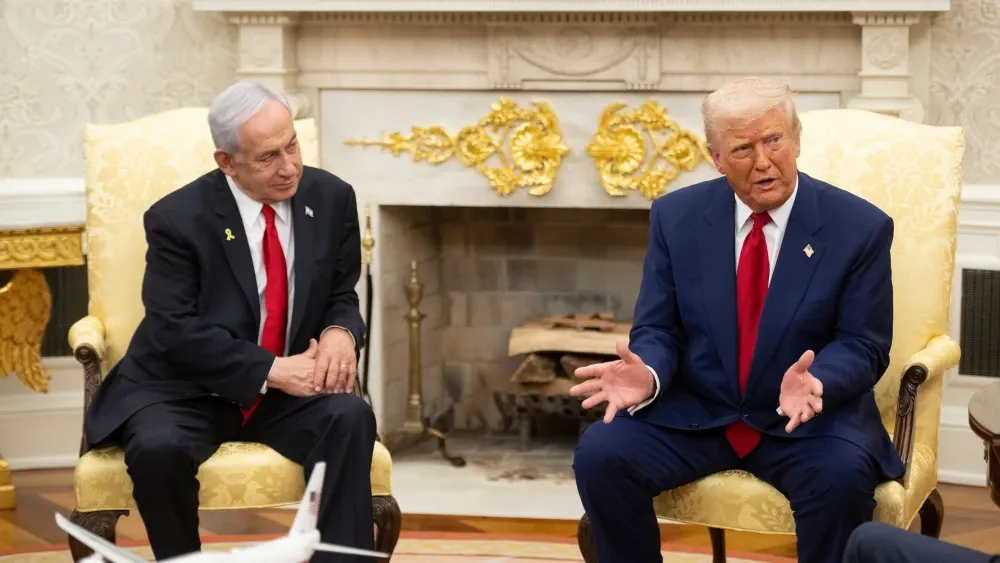 By: Lazar Berman [Ed. note: this article appeared before the hostages' release, but retains its relevance.] As autumn rain graces Hostages Square, the return of hostages signals a hopeful turning point for Israel. Why it matters: This historic event coincides with Simchat Torah, symbolizing renewal, but it also presents strategic challenges akin to past conflicts. -
The return of 20 living hostages and the eventual return of the bodies of 28 deceased marks a moment of national relief, yet echoes similar situations where temporary peace masked deeper challenges. -
If the ceasefire progresses, it could pave the way for normalization with Arab and Muslim states, reminiscent of Anwar Sadat's peace overtures in the late 1970s. Strategic insights: Learning from history, Israel must navigate the complexities of regional alliances and peacekeeping, drawing from previous experiences in Lebanon and the Sinai. -
Effective disarmament protocols and robust monitoring are crucial, as past peacekeeping efforts have shown the risks of inadequate enforcement. -
The inter-Gulf rivalries must be managed strategically, leveraging partnerships without inflaming tensions, much like the delicate diplomacy during the Camp David Accords. The road ahead: Balancing optimism with caution, Israel should ensure that each phase of the ceasefire builds towards sustainable peace, avoiding past pitfalls where temporary agreements led to renewed conflict. Israel stands at a strategic crossroads, and historical awareness, coupled with diplomatic agility, will be key to transforming this moment into enduring security. Read the full article at the Times of Israel. | | Two Years After October 7, Israel Rediscovers the Scale, and Limits, of Its Power 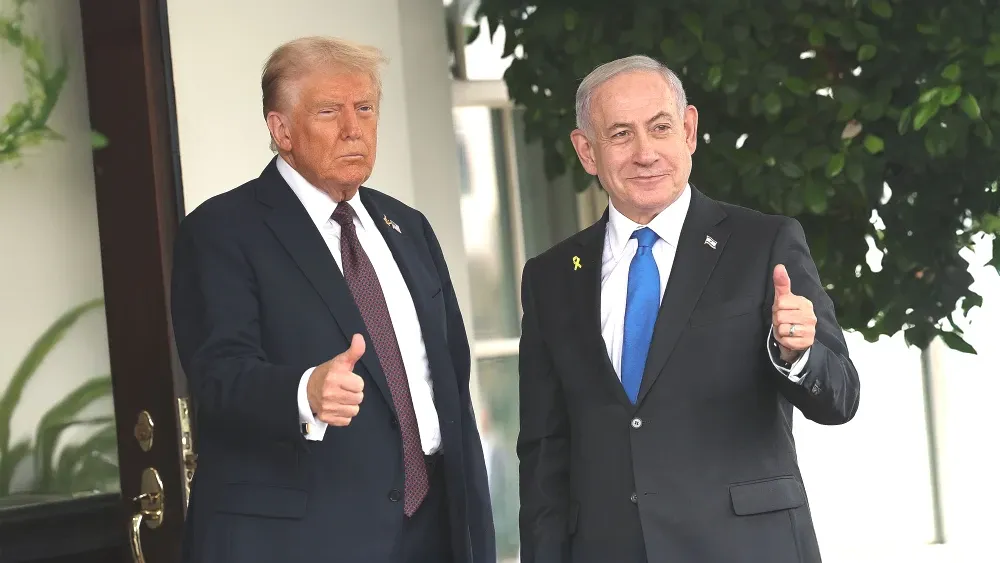 By: Lazar Berman Two years into its longest war, Israel has achieved significant security milestones but faces strategic limitations. Why it matters: Israel's military reshaping of the region has weakened the Iranian axis and deterred threats. Strategic insights: Historical lessons emphasize the need for a comprehensive approach beyond tactical victories. -
Revisiting Ben-Gurion's doctrine, Israel should integrate diplomatic, economic, and political tools for sustained security. The path forward: To maintain its strategic edge, Israel must balance military prowess with diplomatic agility. If Israel is to take advantage of the opportunities it has created, it will need to employ all the tools at its potential disposal—military, diplomatic (including public advocacy), political and economic—make the fullest use of them, and begin with sober strategic planning. Read the full article at the Times of Israel. | | Turks in Gaza Will Mean Dead Americans 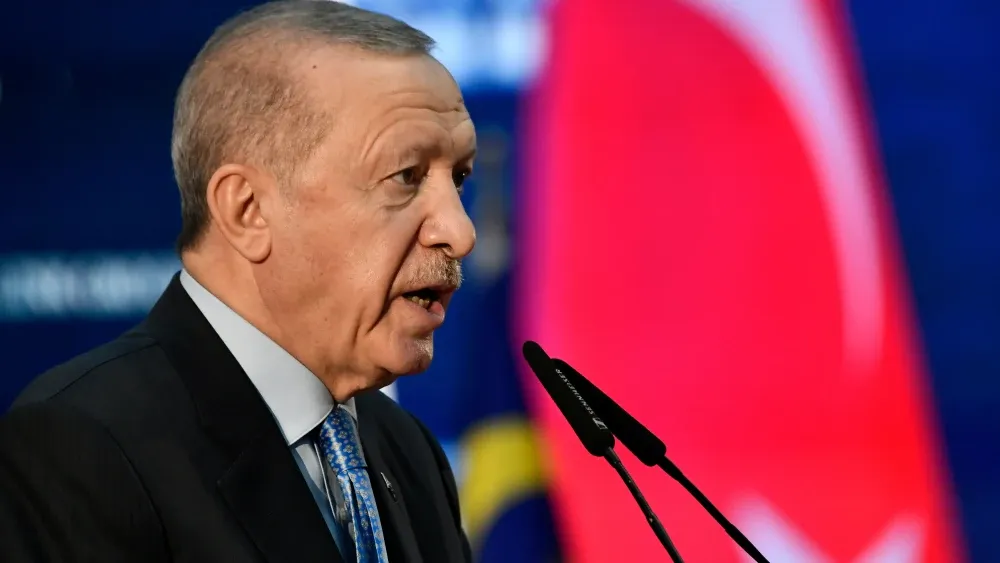 By: Michael Rubin The presence of a 200-man American contingent in Israel to support Gaza's reconstruction brings both hope and challenges. Why it matters: Turkish President Recep Tayyip Erdoğan's potential foothold in Gaza could bolster Hamas and complicate regional stability. Strategic insights: The 2012 Benghazi attack and Turkey's actions in Syria serve as cautionary tales for U.S. engagement with Turkish interests in Gaza. The path forward: Embarrassing the Americans by enabling Hamas to kidnap or kill American personnel would be icing on the cake for Erdoğan. To read the full article, click here. | | Qatar: The Arsonist and Firefighter  By: Jonathan Spyer Qatar's recent actions, including hosting Hamas leaders, highlight its duplicitous role in regional conflicts. Why it matters: Qatar's support for Islamist insurgencies, like Hamas and the Muslim Brotherhood, undermines regional stability and peace efforts. -
Despite presenting itself as a mediator, Qatar's backing of radical groups, coupled with its control over al-Jazeera, fuels instability across the Middle East. Strategic insights: Qatar's strategy, likened to a protection racket, involves bolstering malign actors before offering mediation, as seen in Afghanistan and Libya. The path forward: Israel's September 9 raid on Doha will not bring those practices to an end. It will probably not even bring a close to Qatar's own malign influence within the Israeli policymaking world itself. -
It may, however, represent the first act in which, for a moment at least, a Western-aligned country recognized the role Qatar is playing, and chose to reject the assumptions that Qatar wants the democratic world to accept. -
From this point of view, it is to be welcomed. Hopefully further action will follow, and not only by Israel. To read the full article, click here. | | Iran Snubs Sharm el-Sheikh Summit as Insiders Urge Engagement 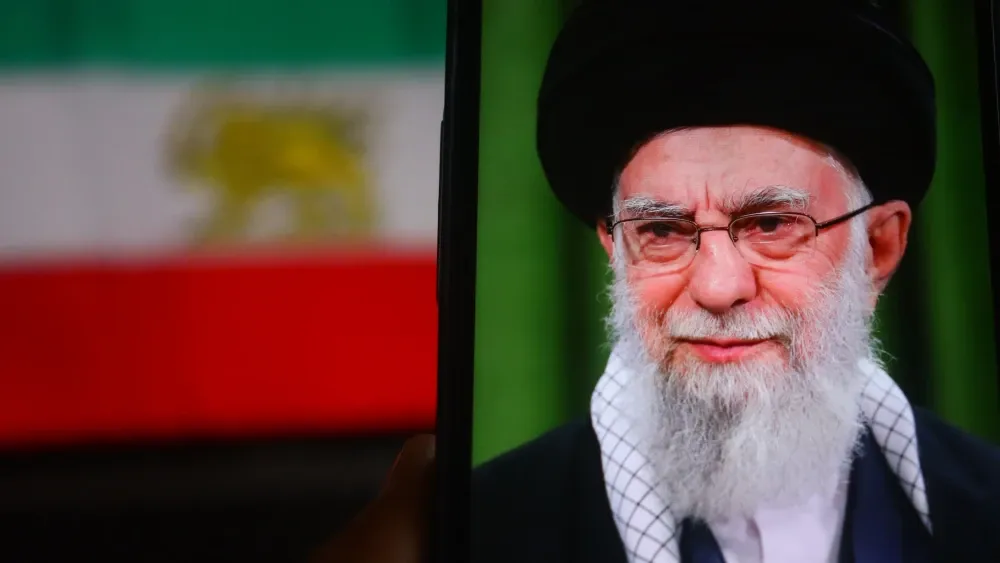 By: Mardo Soghom Iran's refusal to attend the Sharm el-Sheikh Peace Summit underscores its internal conflict between ideology and national interests. Why it matters: Tehran's decision echoes historical patterns of prioritizing ideology over pragmatic diplomacy, reminiscent of the 1979 hostage crisis and the missed opportunities in the Iran-Iraq War. Strategic insights: Internal calls for policy shifts recall historical instances where diplomacy was sidelined, such as during the aftermath of the 1988 downing of Iran Air Flight 655, which could have led to de-escalation but didn't. The path forward: Iran faces a choice reminiscent of the post-revolutionary period: continue isolation or pursue diplomacy that serves national interests. To red the full article, click here. | | Israel Watches the Backs of an Ungrateful West  By: Giulio Meotti In 2024, 14 EU member states reported 58 terrorist attacks. Of these, 34 were completed, 5 failed, and 19 were foiled. In total, 449 people were arrested for terrorism-related offenses in twenty member states. The Mossad helped thwart about 50 attacks in 20 countries. Why it matters: Israel's intelligence and military capabilities have thwarted numerous terror plots across Europe, safeguarding lives. Strategic insights: Israel's defense exports and technological innovations, including the Iron Dome, bolster European security infrastructure. The path forward: Recognizing Israel's critical role in global security is essential for continued cooperation and regional stability. To read the full article, click here. | | | | Was this edition useful?  

Your email will be recorded and shared with the sender |        MEF, an activist think tank, deals with the Middle East, Islamism, U.S. foreign policy, and related topics, urging bold measures to protect Americans and their allies. Pursuing its goals via intellectual and operational means, the Forum recurrently has policy ideas adopted by the U.S. government.
Copyright © 2024 Middle East Forum, All rights reserved.
Our mailing address is:
Middle East Forum
1650 Market Street, Suite 3600
Philadelphia, PA 19103 | | | | | Powered by 
| | This email was sent by Middle East Forum via Axios HQ | | | |
0 коммент.:
Отправить комментарий